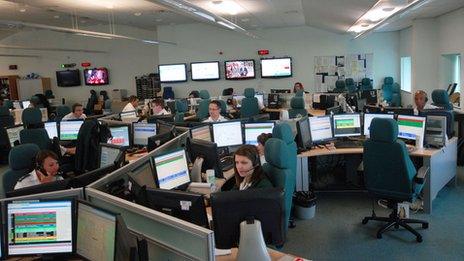West Midlands A&E and ambulances 'stretched to limit'
- Published
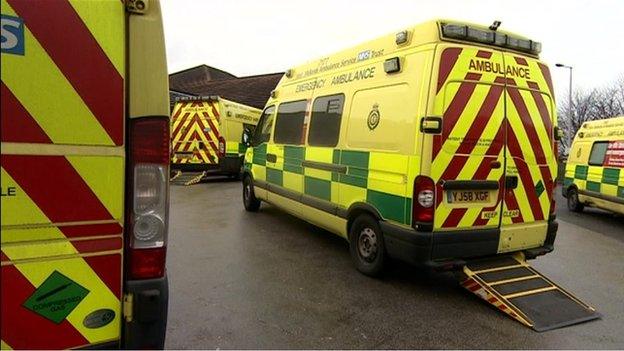
West Midlands Ambulance Service said vehicles were being held up at A&E departments
Near-record 999 calls in the West Midlands have led A&E units and the ambulance service to say they are "stretched to the limit".
West Midlands Ambulance Service said calls on Saturday were close to what it expected on New Year's Eve, traditionally its busiest time.
By midnight, it had responded to 3,500 emergency calls - nearly 150 an hour.
Consultant Steve Smith, from Heartlands Hospital in Birmingham, said they had struggled to find enough beds.
He said high demand meant some patients had to be put on trolleys in corridors.
Winter cash
At one stage on Thursday night more than 100 patients were waiting in A&E and the hospital had to call in more staff, Mr Smith said.
In a statement, Walsall Manor Hospital said emergency admissions meant it had no free beds on Friday morning.
Across England, more than 430,000 patients visited A&E units last week, nearly 30,000 more than the same week in 2013.
A Department of Health spokesperson said: "We know the NHS is busier than ever before, which is why we've given the NHS a record £700m this winter for more doctors, nurses and beds.
"The NHS has ensured there are plans in every area to manage the extra demand."
The extra investment is expected to fund the equivalent of 1,000 extra doctors, 2,000 nurses and 2,000 community staff, including social workers and physios.
Of that funding, £50m has gone to support ambulance services across the country.
Last month, Health Secretary Jeremy Hunt said the NHS was experiencing "unprecedented demand" and the extra investment would allow NHS services to plan for the winter as well as fund more frontline staff.
A&E delays
West Midlands Ambulance Service said on average it dealt with 2,500 to 3,000 emergency calls a day and it too had been forced to bring in additional staff.
It said Saturday had been its fourth busiest day on record, beaten only by New Year's Day figures and it was continuing "to be a busy weekend".
The service said problems at A&E units across the West Midlands meant crews were often delayed in handing over patients and prevented them from responding to 999 calls.
Craig Cooke, Assistant Chief Ambulance Officer, urged people to use minor injury units, pharmacists or walk-in centres unless it was a life-threatening emergency.
On Sunday morning, the ambulance service tweeted, external: "Too much alcohol and too much dancing last night? 999 is for life threatening emergencies not for hangovers or sore feet."
- Published12 December 2014
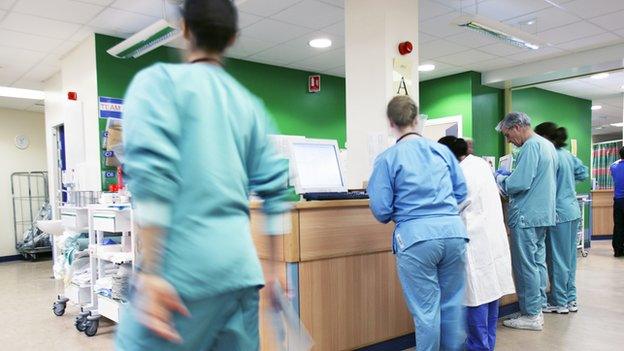
- Published5 December 2014
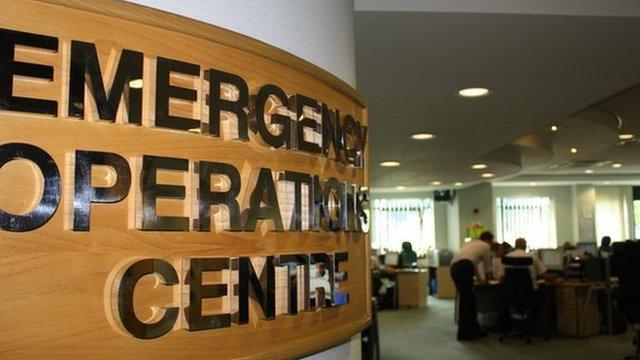
- Published13 October 2014
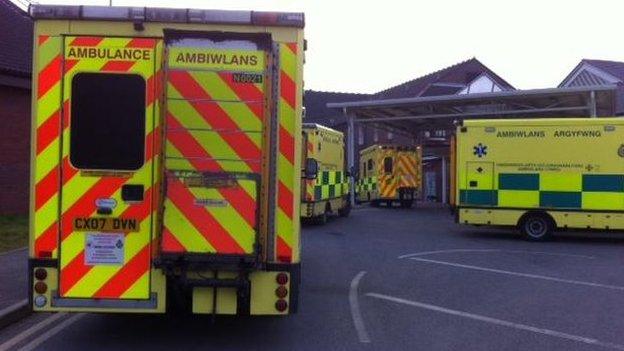
- Published10 August 2014
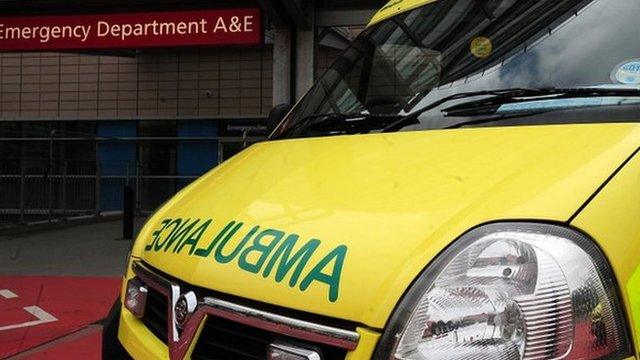
- Published14 May 2014
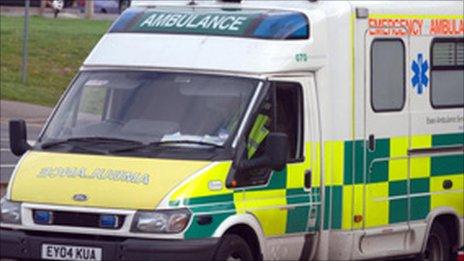
- Published1 January 2014
